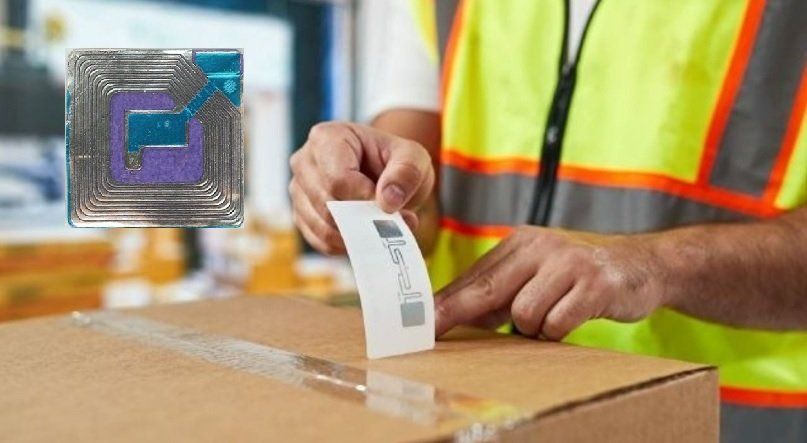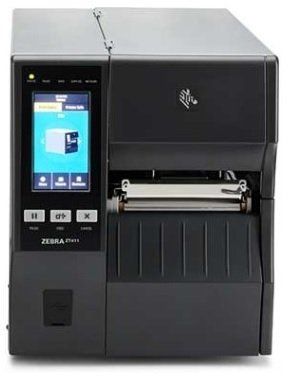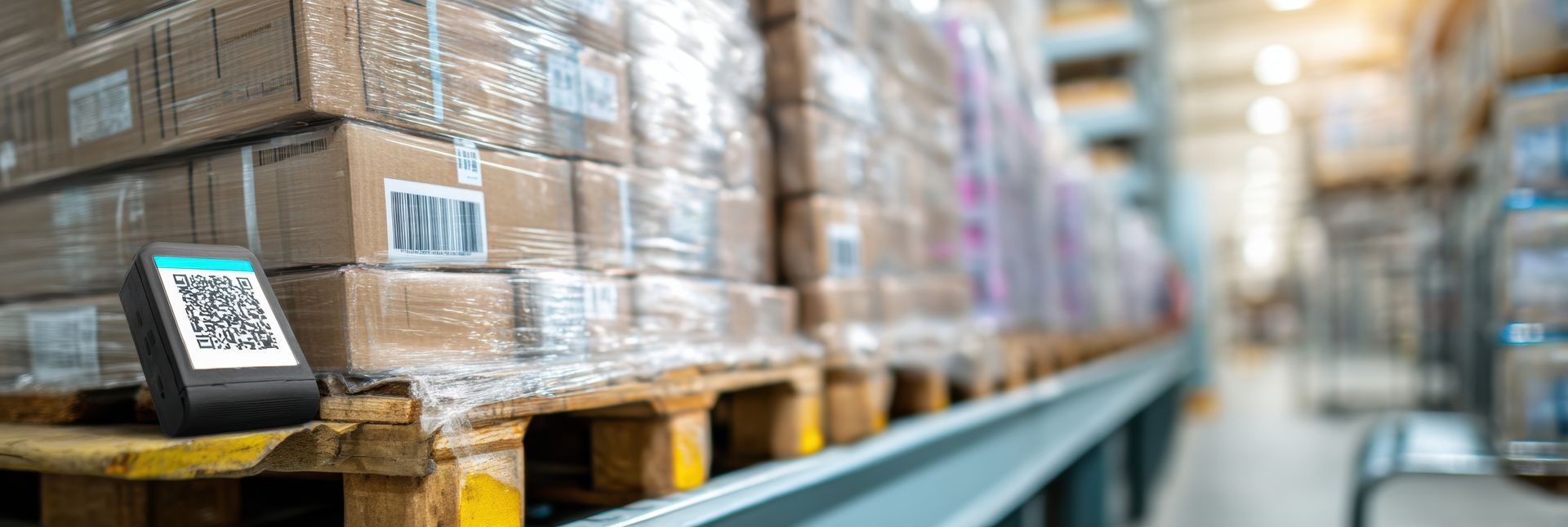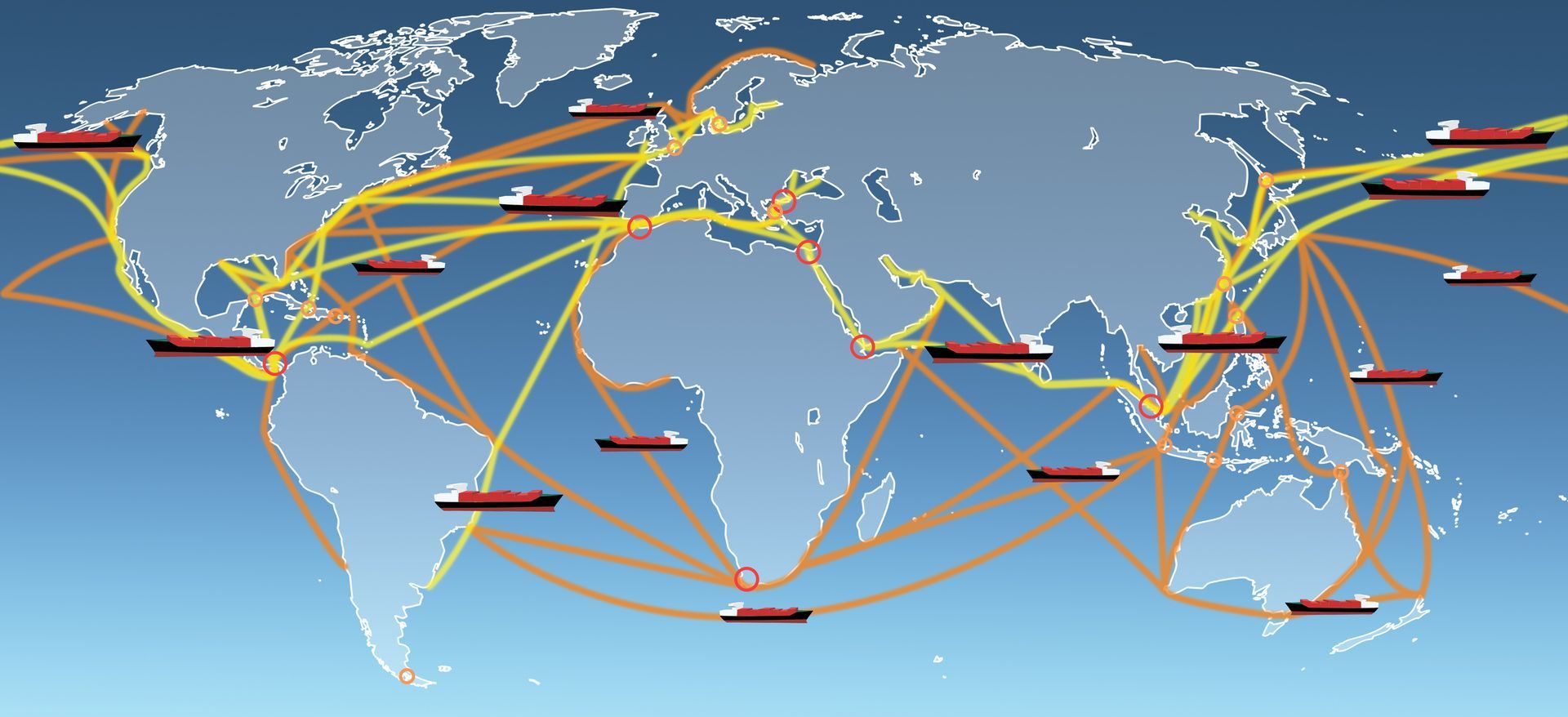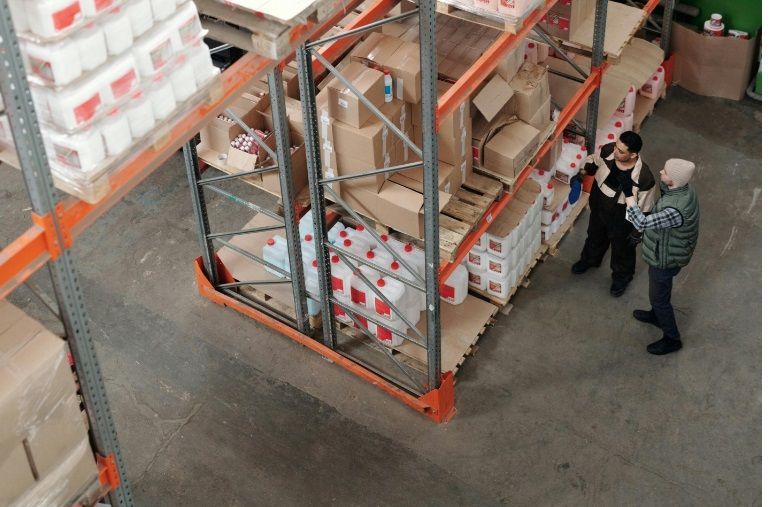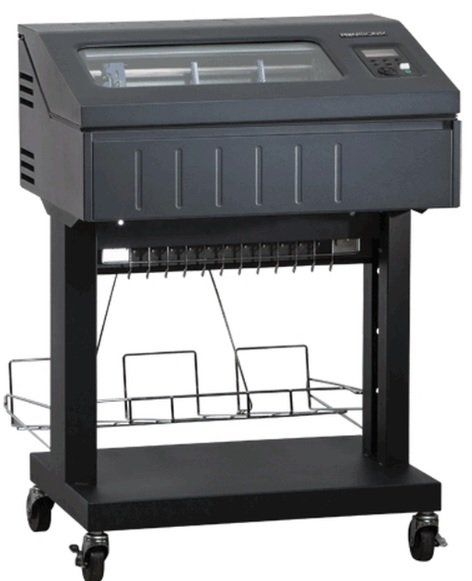Why RFID Tags Are Crucial For The 4th Industrial Revolution
What is on the horizon for the 4th industrial revolution?
What Is the 4th Industrial Revolution?
The 4th industrial revolution is upon us. However, it will be far different from the previous industrial revolutions since it is being brought about by several different technological innovations. Also, the effects will be far more profound and far reaching as compared to the previous industrial revolutions.
The term 4th industrial revolution was introduced by the founder and the chairman of the World Economic Forum Professor Klaus Schwab. He has stated that this revolution will bring great opportunities for those who are prepared and poised to take advantage of the innovative technologies that are ushering in this revolution.
While there is a lot of talk about the immense impact of artificial intelligence, machine learning, 3D printing, Internet of Things and other futuristic technologies, there is little mention of RFID tagging which is currently driving sweeping changes in automation, manufacturing and the supply chain.
RFID Tags and the 4th Industrial Revolution
The upcoming Industrial Revolution 4.0 will be heralded by an automated system for picking up and transporting components to the right places in the factory floor. Such systems are already being implemented to speed up and streamline operations. For instance, Amazon has deployed autonomous robots for transporting packages in its warehouses. Organizations that have not yet implemented such systems will soon follow suit.
At the heart of this will be RFID tagging. Keep in mind that RFID tags will not be limited to just the confines of manufacturing facilities. Supply chains will also undergo profound changes thanks to RFID tags. In fact, global auto manufacturers require their vendors to put RFID tags on components that they are delivering.
Why RFID Tags?
One important transformation that will be effected by RFID tags is mass personalization. The phrase mass personalization may seem highly paradoxical since mass production appears to be the antithesis of personalization. When considering mass production, we picture immense quantities of identical products making their way out of the production line.
However, this has already changed. With RFID tags, only those components will be installed in the final finished product that meet customer specifications. RFID tags allow the delivery of specific components to the production line for a bespoke product that is exactly according to customer requirements. Hence we will see manufacturing plants soon churning out personalized products or mass personalization in other words.
Previously, personalized products required a manual system where the components had to be first found and then delivered separately to the production line. As you would expect, doing things manually is not only slow and inefficient, it also brings with it a much higher chance of errors and failure to follow specifications.
As explained, Amazon is one of the early adopters of RFID tags. Although still in its development stages, RFID tags will soon be a key feature of all its fulfillment centers and warehouses.
Conclusion
RFID tags are being favored by major multinationals due to their high durability and potential for streamlining operations.
Although still considered a novel technology by many, RFID tags will soon become a key feature of every industry and will orchestrate a shift towards mass personalization.
For more information about RFID tags or the Zebra ZT411 RFID printer, talk to one of our Specialists now (800) 643-2664 . We are here to help!




